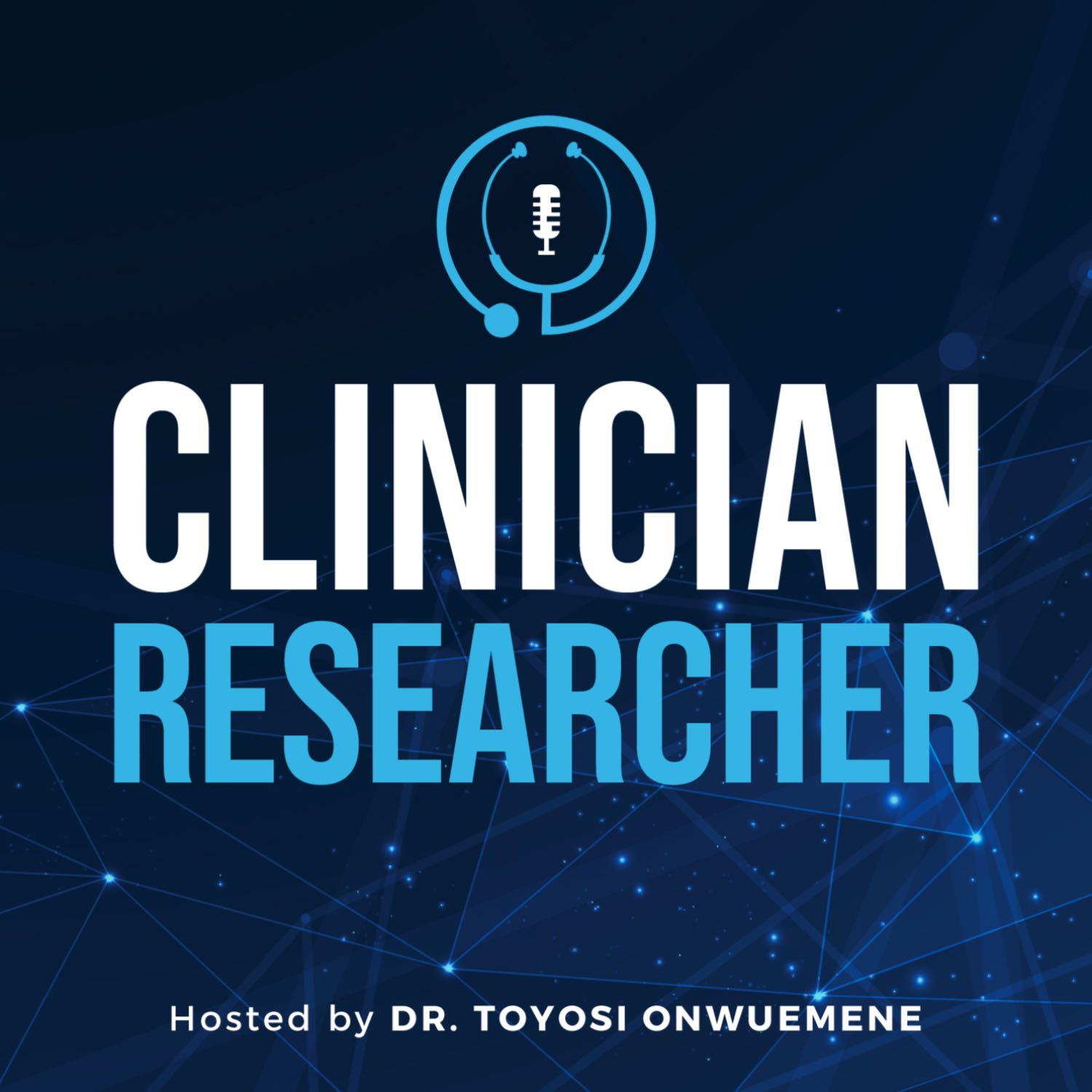- After-Shows
- Alternative
- Animals
- Animation
- Arts
- Astronomy
- Automotive
- Aviation
- Baseball
- Basketball
- Beauty
- Books
- Buddhism
- Business
- Careers
- Chemistry
- Christianity
- Climate
- Comedy
- Commentary
- Courses
- Crafts
- Cricket
- Cryptocurrency
- Culture
- Daily
- Design
- Documentary
- Drama
- Earth
- Education
- Entertainment
- Entrepreneurship
- Family
- Fantasy
- Fashion
- Fiction
- Film
- Fitness
- Food
- Football
- Games
- Garden
- Golf
- Government
- Health
- Hinduism
- History
- Hobbies
- Hockey
- Home
- How-To
- Improv
- Interviews
- Investing
- Islam
- Journals
- Judaism
- Kids
- Language
- Learning
- Leisure
- Life
- Management
- Manga
- Marketing
- Mathematics
- Medicine
- Mental
- Music
- Natural
- Nature
- News
- Non-Profit
- Nutrition
- Parenting
- Performing
- Personal
- Pets
- Philosophy
- Physics
- Places
- Politics
- Relationships
- Religion
- Reviews
- Role-Playing
- Rugby
- Running
- Science
- Self-Improvement
- Sexuality
- Soccer
- Social
- Society
- Spirituality
- Sports
- Stand-Up
- Stories
- Swimming
- TV
- Tabletop
- Technology
- Tennis
- Travel
- True Crime
- Episode-Games
- Visual
- Volleyball
- Weather
- Wilderness
- Wrestling
- Other
Why you should say "no."
It can be difficult to say "no." However, as a clinician scientist, "no" may be the most important word in your vocabulary. On today's episode, we discuss this two-letter word's profound impact. We also discuss how embracing "no" can lead to positive outcomes in both your academic career and personal life.Key Points Discussed:No as Yes: When you say "no," you are simultaneously saying "yes" to something else. Understanding this duality is key to effective decision-making.Allocating Time Efficiently: Learn how saying "no" helps you manage your time more efficiently by prioritizing tasks that truly matter.Focusing on Research: Discover why saying "no" can free up time and mental space to concentrate on your research.Preventing Burnout: Overcommitting can lead to burnout. Find out how saying "no" can protect your well-being and help maintain a healthy work-life balance.Ensuring Quality: Quality work is essential in academia. Explore how saying "no" enables you to deliver high-quality research and maintain your reputation.Career Advancement: By allowing you to focus on essential tasks like publishing and grant applications, saying "no" can open doors to your career advancement.Links and Resources Mentioned:The Eisenhower matrix: https://www.eisenhower.me/eise....nhower-matrix/Coachi offerings: https://www.coagcoach.com/Follow Dr. Onwuemene on LinkedIn: https://www.linkedin.com/in/tonwuemeneCall to Action: If you found this episode valuable, take a moment to subscribe. Stay updated on upcoming episodes that can help you excel in your research career. If you'd like to discuss strategies for saying "no" more effectively, don't hesitate to reach out to Dr. Onwuemene on LinkedIn, Facebook, or Instagram.

